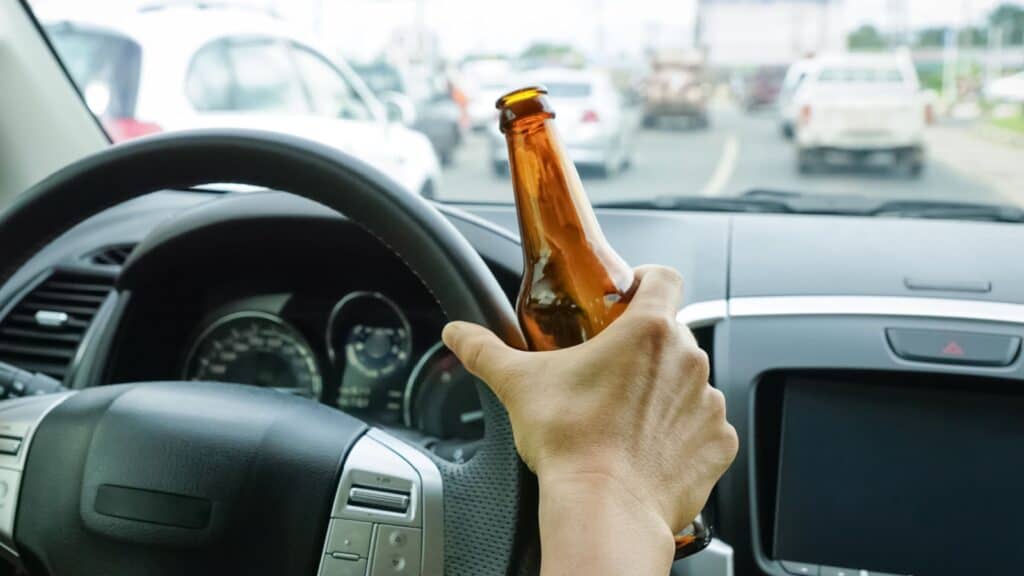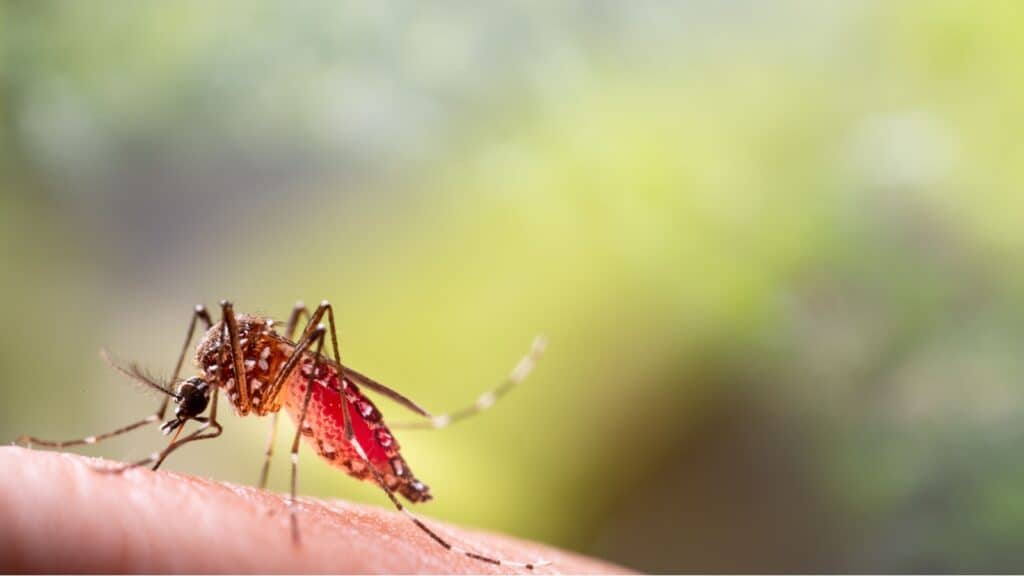Think You Can Drive High? Here’s What THC Does to Your Driving Skills
Driving under the influence of THC (tetrahydrocannabinol), the psychoactive component in cannabis, has become a growing concern as marijuana legalization spreads. While both THC and alcohol impair driving abilities, they do so in distinct ways, with THC affecting attention, reaction time, and motor coordination. As reported by CNN, marijuana-related traffic accidents requiring emergency room treatment rose significantly following legalization in Canada, highlighting the importance of understanding THC’s impact on road safety and developing effective measures to reduce impaired driving risks.
THC’s Impact on Driving

THC impairs several critical driving skills, including attention, reaction time, and motor coordination. Studies have shown that cannabis use can lead to:
- Increased lane weaving and impaired cognitive function
- Slower driving speeds and increased following distances as users attempt to compensate
- Difficulty maintaining lane position and decreased ability to handle unexpected events
- Impaired performance on divided-attention tasks and during long, monotonous drives
And The Research Says…

While some users believe cannabis enhances driving ability, research consistently demonstrates that acute cannabis intoxication negatively impacts driving-related skills in a dose-dependent manner. The effects can last for several hours after consumption, with peak impairment occurring within the first hour after smoking.
THC Impacts Several Key Functions Related to Driving

Here are the main effects of THC that impact driving.
Attention and Reaction Time

THC can impair attention and increase reaction times, making it difficult for drivers to respond quickly to changes in the driving environment.
Motor Coordination

The drug affects motor coordination, which is crucial for tasks such as steering and maintaining lane position.
Perception of Time and Speed

THC can alter the perception of time and speed, which may lead to misjudgments in driving situations.
Cognitive Functions

It affects cognitive functions such as vigilance, tracking, and coordination, which are necessary for safe driving.
Behavioral Effects

While some studies suggest that cannabis users might compensate by driving more cautiously, such as reducing speed and increasing following distances, these compensatory behaviors may not be sufficient to counteract the impairments caused by THC. For instance, maintaining lane position can become challenging, and reactions to unexpected events may be slower.
Risk of Accidents

Research indicates a moderate increase in crash risk associated with acute cannabis use. However, the extent of impairment can vary based on factors such as the user’s tolerance, the potency of the cannabis product, and the method of consumption. Unlike alcohol, there is no clear threshold for THC levels that reliably indicates impairment, making it challenging to establish legal limits for cannabis-impaired driving.
Dosage Matters

The effects of THC on driving performance are dose-dependent, with higher doses leading to more pronounced impairments. Driving simulator studies have shown that increased THC doses result in greater lane position variability, slower reaction times, and reduced ability to perform complex tasks requiring divided attention.
How Much is Too Much

Blood THC concentrations above 5 ng/mL are associated with a significantly increased risk of accidents. However, unlike alcohol, there is no clear-cut THC blood level that reliably indicates impairment across all individuals due to differences in tolerance and metabolism. This complicates efforts to establish legal limits for cannabis-impaired driving comparable to blood alcohol content standards.
Dose-Dependent THC Effects

- Increased Impairment with Higher Doses: Studies have shown that driving impairment is dose-dependent, meaning that higher doses of THC result in more pronounced impairments in driving skills. This includes increased lane weaving, slower reaction times, and impaired divided attention tasks.
- Cognitive and Motor Skills: Higher THC doses impair cognitive functions such as attention, working memory, and executive function, which are critical for safe driving. These impairments are more pronounced during complex driving tasks that require simultaneous attention to multiple subtasks.
- Simulator Studies: Advanced driving simulators have demonstrated that higher doses of THC significantly impair reaction time and lateral position control, with increased variability in lane position and steering.
General Findings on THC and Traffic Accidents

- Increased Crash Risk: Studies have shown a moderate increase in crash risk associated with acute cannabis use. For instance, a review highlighted that cannabis use is linked to a slightly increased risk of traffic crashes, with some studies showing a significant correlation between high THC blood concentrations and crash risk.
- Post-Legalization Trends: Following the legalization of cannabis in Canada, there was a notable increase in traffic accidents involving THC. Emergency room visits for marijuana-related traffic accidents rose significantly, suggesting an increase in cannabis-impaired driving incidents over time.
- Comparative Risks: While THC is less impairing than alcohol in terms of driving performance, it still poses a significant risk, particularly when combined with alcohol, which can amplify the impairing effects of both substances.
But Is It From The THC?

- Complexity of Impairment: Determining the direct impact of THC on driving accidents is complicated by the presence of other substances and the variability in individual tolerance and impairment levels.
- Lack of Specific Cases: Although there is evidence of increased crash risks, specific well-known accidents attributed solely to THC are not commonly reported in the literature. This is due to the difficulty in isolating THC as the sole impairing factor in many traffic incidents.
THC vs. Alcohol Impairment

Cannabis and alcohol both impair driving abilities, but they do so in different ways.
Unlike alcohol, which tends to increase risky behaviors like speeding, THC users often drive more cautiously by reducing speed and increasing following distances. However, this compensation may not fully mitigate impairment, especially for unexpected events.
There Are Differences

Both THC and alcohol impair driving, but they do so in different ways. THC users might be more aware of their impairment and try to compensate, whereas alcohol users often exhibit overconfidence and risky driving behaviors. The combination of both substances results in a significant increase in impairment and crash risk. While THC’s effects can vary widely among individuals due to factors like tolerance and consumption method, alcohol’s impact is more consistent across users. Overall, while both substances are dangerous when driving, alcohol is more consistently linked to higher crash risks.
Let’s All be Cautious & Aware

THC can significantly impair driving-related skills, and while users may attempt to compensate, the impairments pose a real risk to road safety. It is advisable for individuals to avoid driving for several hours after consuming THC-containing products to ensure safety on the roads.
Reducing THC Driving Risks

Public education campaigns are crucial for reducing THC-impaired driving risks. These should emphasize the dangers of driving under the influence of cannabis and provide clear guidance on safe waiting periods before driving. Partnerships with the cannabis industry can help develop impactful messaging that resonates with users. Allocating a portion of cannabis sales tax revenue to fund traffic safety programs can support these educational initiatives. Improved roadside testing methods and specialized training for law enforcement to recognize signs of cannabis impairment are also essential. Promoting alternative transportation options, such as ride-sharing services or designated drivers, can help prevent impaired individuals from getting behind the wheel.
Can The Human Body Adapt To The Rising Heat? And What Are We Doing If We Can’t?

As climate change intensifies, the human body’s ability to adapt to rising temperatures is becoming a critical concern. According to Dr. Camilo Mora, an expert on heat’s effects on human physiology, “The human body has remarkable adaptability to heat, but there are limits to how much we can physiologically adapt to rising temperatures due to climate change.” This introduction explores the extent of our physiological adaptations, the challenges we face as global temperatures climb, and the potential consequences if our bodies fail to keep pace with environmental changes.
READ: Can The Human Body Adapt To The Rising Heat? And What Are We Doing If We Can’t?
Why Do Mosquitos Seem To Like Me So Much, and What Can I Do About It?

Have you ever wondered why mosquitoes seem to prefer biting some people over others? Understanding the reasons behind this can help in mitigating their impact. Mosquitoes are attracted to certain individuals due to factors like body odor, carbon dioxide, and body heat. These pests are not just annoying; they can also carry dangerous diseases such as malaria, dengue fever, and Zika virus. In this article, we explore why mosquitoes are drawn to specific people, the health risks they pose, and effective strategies to protect yourself from their bites.
READ: Why Do Mosquitos Seem To Like Me So Much, and What Can I Do About It?
Is There A Link Between Being A ‘Good Girl’ And Autoimmune Disease In Women?

Women Rising®, an 11x award-winning women’s empowerment and media company founded by autoimmune-diagnosed, 15x award-winning documentary filmmaker, Sara Hirsh Bordo, recently released findings from Autoimmunity and the “Good Girls” ™ the first-ever sociological survey exploring the intersection between empowerment and autoimmunity in American women. READ: Is There A Link Between Being A ‘Good Girl’ And Autoimmune Disease In Women?
Join Us

Join us on this empowering journey as we explore, celebrate, and elevate “her story.” The Queen Zone is not just a platform; it’s a community where women from all walks of life can come together, share their experiences, and inspire one another. Welcome to a space where the female experience takes center stage. Sign up for our newsletter so you don’t miss a thing, Queen!






